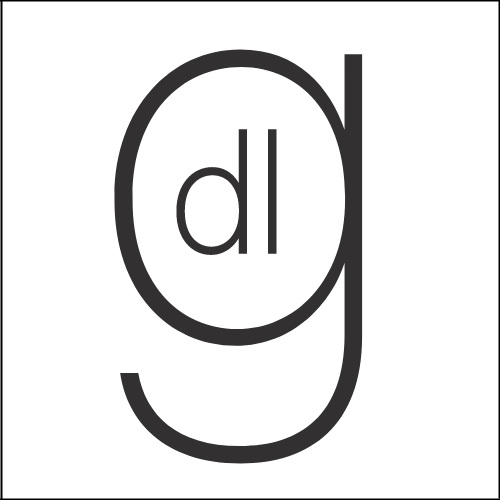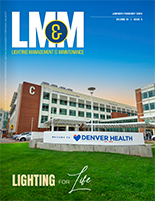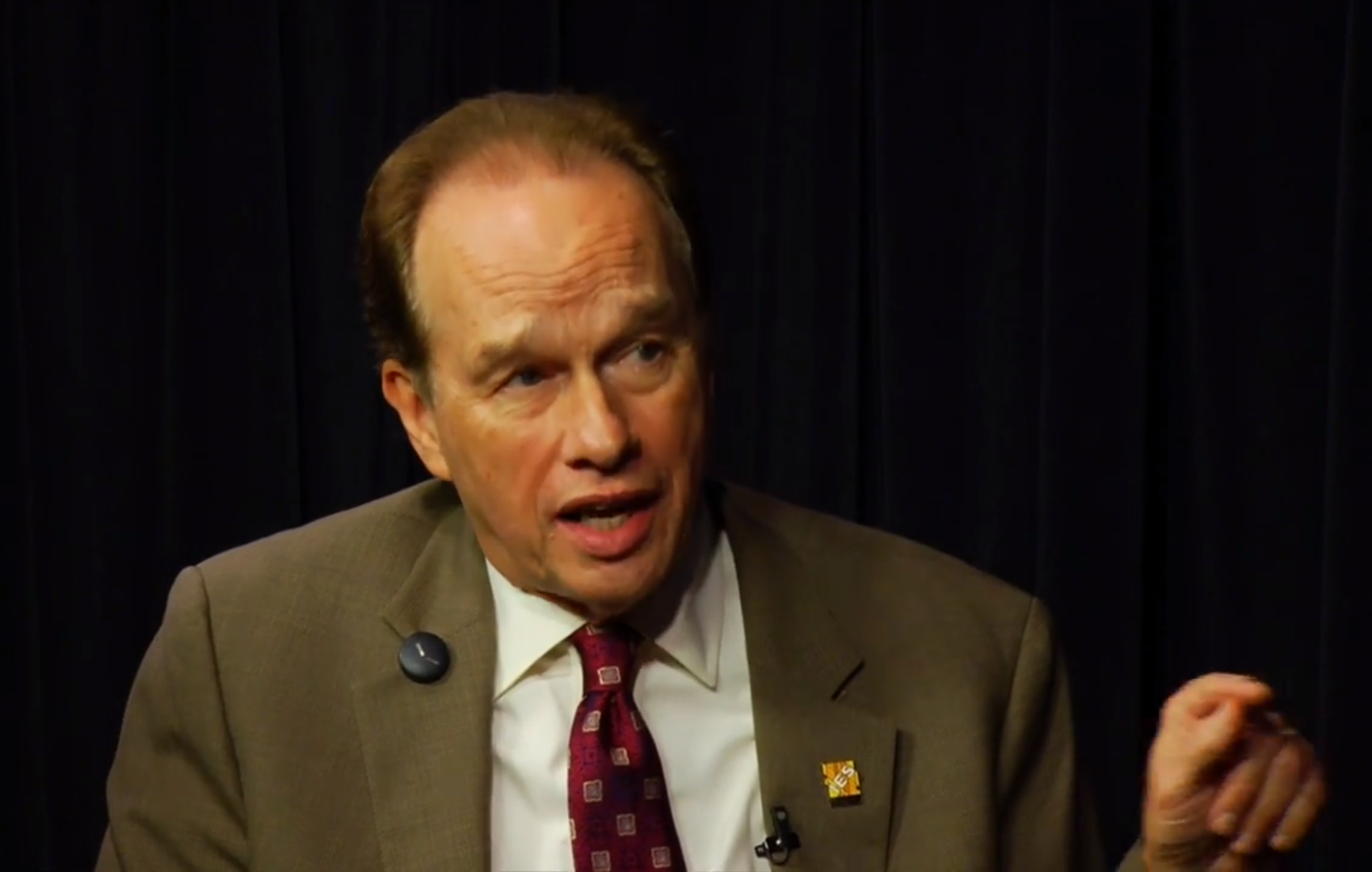Shepherdstown, WV, January 4, 2019 – “The lighting community will change dramatically” from Internet-of-things (IoT) adoption, and much of that change is subject to speculation: No one can predict with confidence what will happen as IoT adoption fuels the convergence of industries adjacent to lighting. So said Illuminating Engineering Society (IES) Industry-Relations Manager Mark S. Lien, LC, HBDP, CLMC, CLEP, LEED BD&C, speaking as an “Internet of Things and Cybersecurity” panelist at the National Lighting Bureau’s (NLB’s) 7th Annual Lighting Forum. He was joined by Chris Yorgey, an engineering project leader for Lutron Electronics Co., Inc., and EdisonReport Editor and Publisher and IES Past President Randy Reid, who moderated.
As much discussed as IoT may be, Mr. Lien commented that reliable studies indicate IoT has yet to achieve even 10% of its predicted potential in the United States, and the actual number may be closer to 1% or 2%. Even making these assessments is subject to some speculation, however, because no standard definition of IoT exists, leaving it to manufacturers, academics, and others to create their own definitions. The definition Lutron Electronics uses, Mr. Yorgey said, is “Products and services that connect to one another and share data to deliver value.”
The development process associated with digital technologies like IoT can be subdivided into six distinct stages, Mr. Lien said, and IoT is now in the second stage, what some call the “Hype Cycle.” The first stage is the digitization process itself, which has already occurred, followed by glowing stories about the promise to be realized – getting consumers excited – and then introduction of more or less feeble – and disillusioning – first-generation products. For example, when computers were introduced, they seemed to be used mostly to play “Pong,” and until the real penetration of robotics occurs, we’ll have to be satisfied with robotic vacuum cleaners. It’s in the third stage of development that the products begin to kick in, creating the “out-with-the-old-and-in-with-the-new” activity that gives this stage its name: “Disruption.” And as more people adopt the new “stuff,” permitting mass production, the prices begin to fall and the fourth stage – “Demonetization” – takes off. And as third- and fourth-generation products are developed, we experience the fifth-stage of development – “Dematerialization” – so named because of the ability to make smaller and smaller versions, and ever-newer applications for them. All of which leads to the sixth and final stage – “Democratization” – where everyone has it.
Will the process not only result in more convenience, but also more security? Probably, given Mr. Yorgey’s comment that “It’s our job as an industry to make sure our products are robust” enough to quell consumers’ fears about security. He called the quest for security something like an arms race. He said manufacturers must remain aware of the vulnerabilities that exist, and design products with continuous upgrading in mind. He indicated that making something invulnerable to hacking seems to be more or less impossible. As such, when it comes to systems, the best approach usually is to do one’s best to design them such that hacking into a vulnerability leads to a space where further system penetration is impossible.
Watch this fascinating discussion of the future we’ve already entered free of charge here, courtesy of the National Lighting Bureau, an independent, IRS-recognized educational foundation that has served as a trusted lighting-information source since 1976. The Bureau is able to provide its services to the public free of
charge because of the generous funding of the organization’s sponsors: professional
societies, trade associations, labor unions, manufacturers, service providers, and agencies of the U.S. government, including:
- BIOS Lighting;
- Current, Powered by GE;
- Illuminating Engineering Society (IES);
- Imperial Lighting Maintenance Company;
- interNational Association of Lighting Management Companies (NALMCO);
- International Brotherhood of Electrical Workers (IBEW);
- Lighting Controls Association (LCA);
- LumenOptix;
- Lutron Electronics Company, Inc.;
- Luxtech;
- National Electrical Contractors Association (NECA);
- National Electrical Manufacturers Association (NEMA);
- OSRAM;
- S. General Services Administration; and
- ZLED Lighting.
Obtain more information about the Bureau by contacting its staff at [email protected] visiting its website (https://www.nlb.org/, where information about sponsorship also is available.




